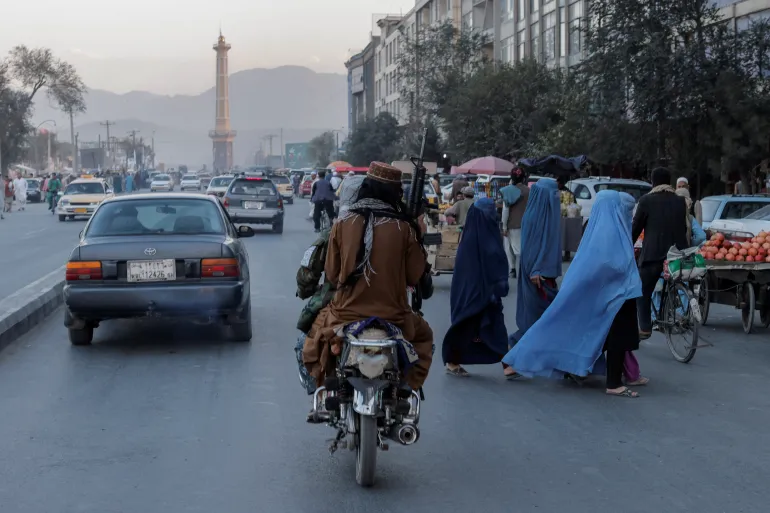In early November, Sadaf*, a 22-year-old university student, was found guilty of “moral crimes” in a northern Afghan province. She was accused by local Taliban officials of speaking to a man who was not her “mahram” – a male family member.
Since seizing control of Afghanistan in August 2021, the Taliban have imposed increasing restrictions on women, including gender segregation at universities and public places such as gyms.
Sadaf said her entire family could not sleep that night, laying awake, praying anxiously over the uncertain fate she faced.
“We didn’t know what my punishment would be, and everyone feared that they might kill me,” Sadaf told Al Jazeera.
“I feared they would kill my family too. My mother prayed that the matter would be settled with just whipping,” she said.
The Taliban have been inviting large crowds to public grounds and stadiums to hold public spectacles of punishments such as flogging. On Wednesday, a man was publicly executed in Farah province.
“I estimate that up to 80 people have been whipped since we took over Afghanistan,” Abdul Rahim Rashid, head of press relations at the Afghan Supreme Court, told Al Jazeera.
“Men and women have been whipped for different crimes in Kabul, Logar, Laghman, Bamyan, Takhar and some other provinces,” he added.
The reports of public punishments in recent weeks have brought back memories of the Taliban’s harsh rule in the 1990s when convicts were publicly stoned and beheaded.
The Taliban initially promised women’s rights and media freedom but more than 15 months on, Afghanistan’s new rulers have gone back on these promises. High schools for girls remain shut, women have been squeezed out of public places, and free media is almost non-existent.
Read full story on Al Jazeera
